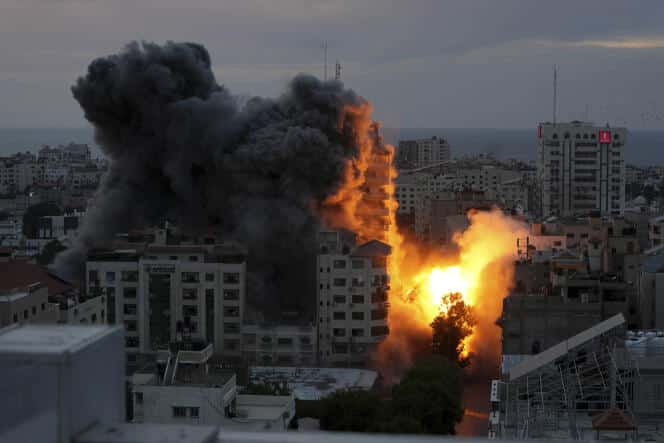
HIGHLIGHTING THE WAGING OF WAR AGAINST THE STATE: IPC
Offenses against the State that include waging of war are covered by Chapter VI of the Indian Penal Code, 1860 (Section 121 to Section 123). Ensuring the security of the entire state is the aim of these codes. Strict penalties, such as life in prison or the death sentence, can be applied to those who violate the state in order to protect the state’s existence. offenses against the government and the state with the intent to impede national unity, public order, and tranquility.
Offenses Against the State: About
The Indian Penal Code’s Chapter VI, Sections 121-123, covers offenses against the state that include waging of war. The safety of the state is the aim of these sections. It can be safeguarded by imposing harsh penalties, such as the death penalty or life in prison, for crimes against the state.
Waging of War IPC: About
The Indian Penal Code addresses waging war against the Indian government in Sections 121 to 123. Here, the term “Government of India” is used in a considerably broader sense. This term indicates or denotes that, even while the state receives its power from laws of public international law, the people of the area own that authority, which is used by the elected government.
Section 121: Indian Penal Code
The following are regarded as fundamental elements of the offenses under Section 121 i.e., Waging of War IPC because they must be demonstrated in order for the act of waging of war against the Indian government to constitute an offense:
- Waged War;
- Made an Attempt to Wage a War; or
- Abated the Waging War.
Punishment Term:Either the death penalty or life in prison is the penalty under this section. In some circumstances, a fine may also be assessed.
Section 121A: Indian Penal Code
- In 1870, Section 121A was included in the IPC. It declares that a conspiracy need not be proven by an explicit commission of an illegal act or omission.
There are two kinds of conspiracies covered in this section:
- Arranging to carry out an offense, whether inside or outside of India, that is punishable by Section 121 of the Code.
- Conspiracy to overawe, that is, terrified through the use of criminal force or an insignificant show of criminal force towards the Government.
Punishment Term:Under this Section, the penalty consists of a fine and either a ten-year sentence or life in jail. Both the federal government and the state governments have the authority to impose such penalties.
Section 122: Indian Penal Code
The IPC’s Section 122 addresses war preparedness. The attempt and preparation for conducting an offense are two different things. This Section’s fundamentals are:
- Assemblage of soldiers, weapons, and ammo.
- For such collection, there must be a purpose to wage war or to prepare to wage war.
- The accused has to take part in the gathering of this information.
- The Indian government must be the enemy in this conflict.
Punishment Term:This section stipulates that the sentence is either life in prison or ten years in jail with a fine.
Section 123: Indian Penal Code
The IPC’s Section 123 addresses the concealment of intent to wage war. This Section’s fundamentals are:
- An approach that is ready to launch an offensive against the Indian government must exist.
- The purpose of the concealment is supposed to be to enable the struggle against the Indian government.
- The individual ought to be aware that the design is hidden.
Punishment Term:This section imposes a fine and a maximum ten-year jail sentence as punishment.
Waging War IPC Cases
There are various landmark Waging War IPC cases. They are:
- In the case of Mir Hasan Khan & Ors v State, it was decided that in order to qualify under Section 121 of the IPC, it was necessary to show that the person not only intended to have any form of arsenal and had used the firearms and ammunition against State troops, but also that the seizure of the weapons was an essential component of a planned operation.
- In the case of State v Navjot Sandhu, it was decided that the defendants were aware of terrorist conspiracies and their preparations to assault Parliament House. His unlawful failure to inform the police or magistrate of the conspirators’ plan, which constitutes waging war, would subject him to prosecution under Section 123 of IPC.
In India, waging war against the state is far more than merely a legal notion; it is a mirror of the nation’s present attempts in a complex geopolitical setting, as well as its previous struggles for independence and independence. The historical incidents, legal frameworks, and current relevance emphasize the seriousness of the offense and the demand for an integrated approach to combating changing threats.
Therefore, it is reasonable to assume that in order to protect the nation and prevent acts of violence against it, the state must impose restrictions on citizens’ freedoms.



